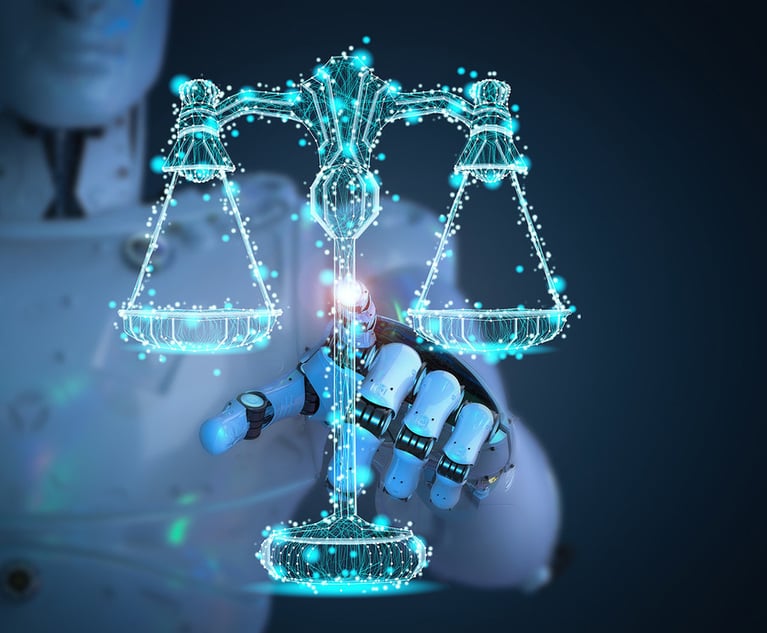For the last several years, I’ve become obsessed with a particular legal, technological, and philosophical question: Can a robot invent on its own?
I’ve long agonized over this issue, following
Reframing the AI Debate To Improve How We Practice Law
Lessons about artificial intelligence (AI), how our discourse about machines has gone awry, and how consulting traditional models can provide clarity — especially to thorny legal issues at the intersection of technology and IP law.

This premium content is locked for LawJournalNewsletters subscribers only
ENJOY UNLIMITED ACCESS TO THE SINGLE SOURCE OF OBJECTIVE LEGAL ANALYSIS, PRACTICAL INSIGHTS, AND NEWS IN LawJournalNewsletters
- Stay current on the latest information, rulings, regulations, and trends
- Includes practical, must-have information on copyrights, royalties, AI, and more
- Tap into expert guidance from top entertainment lawyers and experts
Already have an account? Sign In Now
For enterprise-wide or corporate access, please contact Customer Service at [email protected] or call 1-877-256-2473.






